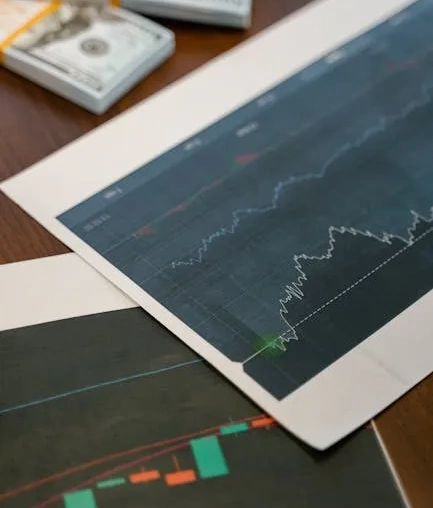
The Risks of a National Bitcoin Reserve: Insights from Crypto Executives
As the world of cryptocurrency continues to evolve, discussions around national strategies for Bitcoin have intensified. Recently, a prominent figure in the crypto space shared insights suggesting that establishing a national Bitcoin reserve could be detrimental to both Bitcoin (BTC) and the U.S. dollar (USD). This perspective raises significant questions about the future of digital currencies and their role in the global financial landscape.
The Implications of a National Bitcoin Reserve
The concept of a national Bitcoin reserve is intriguing but fraught with challenges. According to industry experts, the creation of such a reserve could signal a drastic shift in the global financial order, leading to unpredictable consequences for markets. The mere announcement of a Bitcoin reserve could trigger volatility, as investors react to what they perceive as a change in the status quo.
One of the primary concerns is that a national reserve could undermine the decentralized nature of Bitcoin. Traditionally, Bitcoin has been valued for its independence from government control and central banking systems. By establishing a reserve, governments might inadvertently send signals that they are willing to exert influence over a currency that has thrived on its autonomy.
Impact on Bitcoin’s Value
Market analysts warn that the creation of a national reserve could negatively impact Bitcoin’s value. If a government were to accumulate a significant amount of Bitcoin, it could lead to increased selling pressure. The supply of Bitcoin is capped at 21 million, and any substantial selling could disrupt its delicate market equilibrium. Investors may fear that a government could manipulate the market to its advantage, leading to a loss of confidence in Bitcoin as a store of value.
Moreover, the implications extend beyond Bitcoin. A national reserve could also affect the U.S. dollar’s stability. The dollar has long been the world’s primary reserve currency, but as nations explore cryptocurrency options, there could be a gradual shift away from traditional fiat currencies. If countries begin to adopt Bitcoin reserves, it might challenge the dollar’s dominance, leading to potential economic instability.
Navigating the Future of Cryptocurrency
As the conversation around Bitcoin and national reserves continues, stakeholders must approach this topic with caution. The potential for a national Bitcoin reserve raises critical questions about regulation, market manipulation, and the future of cryptocurrency as a whole. While the allure of Bitcoin as a strategic asset is undeniable, the risks associated with governmental involvement cannot be overlooked.
In conclusion, while the idea of a Bitcoin strategic reserve may seem appealing in theory, its practical implementation could have far-reaching consequences for both Bitcoin and the traditional financial system. As the landscape of cryptocurrency continues to shift, it is essential for investors, policymakers, and enthusiasts to remain informed and vigilant about these developments.



